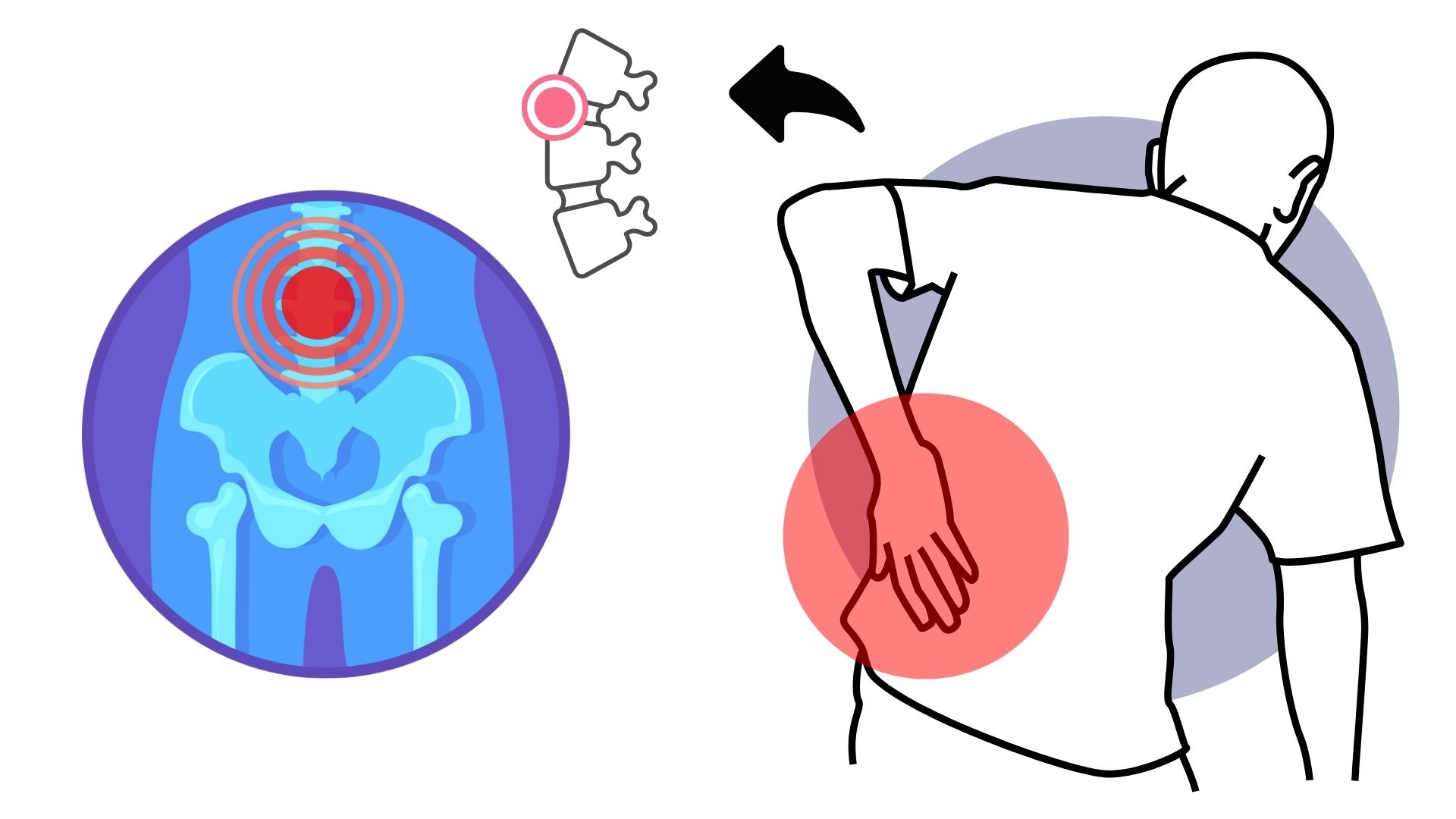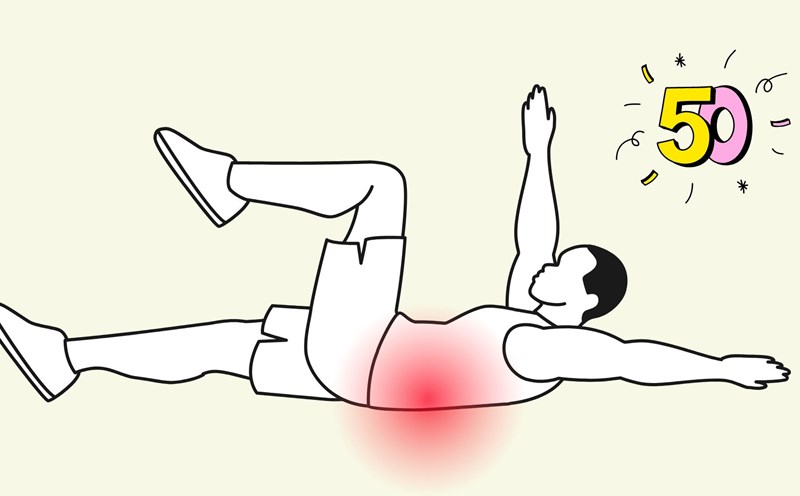
According to research from the UCLA Medical Center, mattresses that are not in the "ideal area" for stiffness and softness can easily lead to serious back pain in the morning and can develop into chronic diseases if not treated.
Here are some important signs to help you recognize whether a mattress is the cause of back pain and discomfort.
Feeling uncomfortable and restless while sleeping
If you often wake up with back pain within the first 10 - 30 minutes of waking up, but this feeling gradually subsides with light exercise or walking, it is likely that the mattress is the cause.
In addition, the constant grinding, inability to find a comfortable sleeping position, or frequently waking up in the middle of the night for unknown reasons, along with the feeling of heavy pressure on the joints, are also clear signs of an unsuitable mattress.
Types of mattresses you are using
Choosing a mattress with moderate hardness plays a key role in preventing back pain. Users with average to slightly stiff mattresses often have fewer back problems than those who use mattresses that are too soft or too stiff.
The ideal mattress needs to be able to support the entire body, especially the spine and natural curves of the back. The mattress is too stiff, causing pressure on the spine, while the mattress is too soft and does not support the lumbar region enough, thereby increasing the risk of prolonged pain.
New mattress - the stage when the body adapts
When switching to using a new mattress, you may experience back pain as your body is adjusting your spine posture to the most natural position.
In addition, parts such as the springs and the culverts of the new mattress are often quite hard and need time to gradually soften, embracing the body's curves. Although this transition period can make you feel uncomfortable, after a while, most users will notice a clear improvement in sleep quality and reduced back pain.










